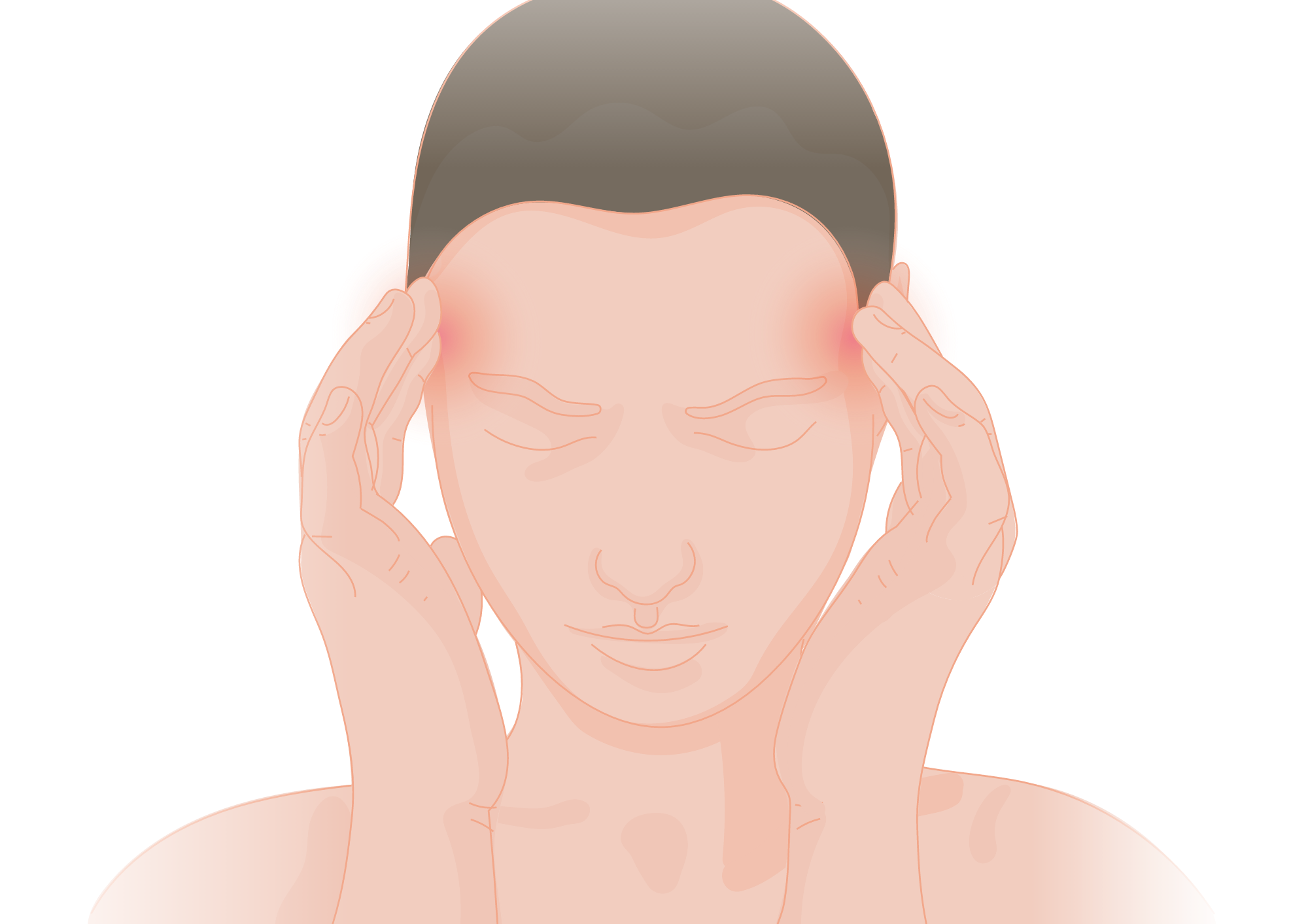1. CTE is caused by repetitive brain trauma.

Blows and hits to the head damages brain tissue and if this occurs repeatedly, a person might develop CTE. This damage might not be evident until years after the trauma occurs. CTE is usually associated with athletes that are involved in sports where head trauma can take place, like football and hockey players, but CTE is also found in military soldiers and veterans. Something all sufferers of CTE have in common is that they were subjected to repeated head trauma, and the end result is progressive degeneration of the brain.
2. CTE cannot be definitively diagnosed in a living person.
There is no way to know if a person has CTE while they are living. Only an autopsy after death can reveal if the person indeed had CTE. Many people think it can be diagnosed with an MRI, but there is no way to tell if it is CTE by looking at an MRI. People are diagnosed with CTE according to their risk factors and their symptoms. For instance, a football player with a history of concussions and experiencing the symptoms of CTE would be thought to have the disease. But to know for sure, an autopsy after death would be needed.
3. There is no cure for CTE

Once the brain suffers severe trauma, it cannot be undone. There are treatments, therapies and some medications to alleviate some of the physical, emotional and behavioral problems that occur with CTE. In addition, there are treatments that might help arrest or slow down the progression of the disease. But unfortunately once the brain tissue is injured and symptoms of CTE occur, that damage is permanent and cannot be undone. The only way to not get CTE is to prevent it from ever happening.
4. CTE patients often suffer from severe depression.

Because CTE causes such difficult and life altering symptoms, many CTE patients suffer from depression. I know how depressed a person with CTE can become as I had a friend that passed away last year as a result of an accidental drug overdose. He was a college football player and had all the risk factors and symptoms of CTE. His entire life was turned upside down and the symptoms he suffered had him depending on drugs to function. This once jovial, intelligent and athletic person was reduced to someone that even those closest to him did not recognize as a result of severe depression from the effects of this disease.
5. Friends and family suffer from the effects of CTE on their loved ones.
It is heartbreaking to watch a friend or family member with CTE turn into something that you no longer recognize. It is like a slow death and much like Alzheimer’s disease, the person slowly slips away right in front of you. I know how hard it was on my friend’s family to watch their son and brother suffer the effects of this devastating disease. He once had the world on a string with such a bright future ahead of him. His sister very sadly said it best when she said that she would look into his eyes, but she no longer saw her brother.
6. CTE can result in drug use and overdose.

As I alluded to previously, drug abuse is a very real problem in those that suffer from CTE. My friend would never think of touching drugs. He was a scholar and outstanding athlete all through high school and attended an elite academic school on a football scholarship. But drugs became necessary for him to deal with the pain and depression and ultimately lead to his death by accidental overdose. I knew when I heard he died of an overdose that CTE must profoundly change a person. The person I knew would never take drugs.
7. CTE can cause aggressive and erratic behavior

I recently read an article that reported on the findings of an autopsy performed on former NFL player Aaron Hernandez. The article stated that his was the most severe case of CTE ever recorded. It’s no secret of the dangerous and criminal activity Mr. Hernandez was involved in, and his poor choices eventually led to a murder conviction. It’s hard to understand how he could throw his life away by involving himself in criminal activity. Knowing that CTE can impair judgment and lead to aggressive and undesirable behavior, it can only make us wonder whether his CTE, in part, was a factor in the terrible choices he made.